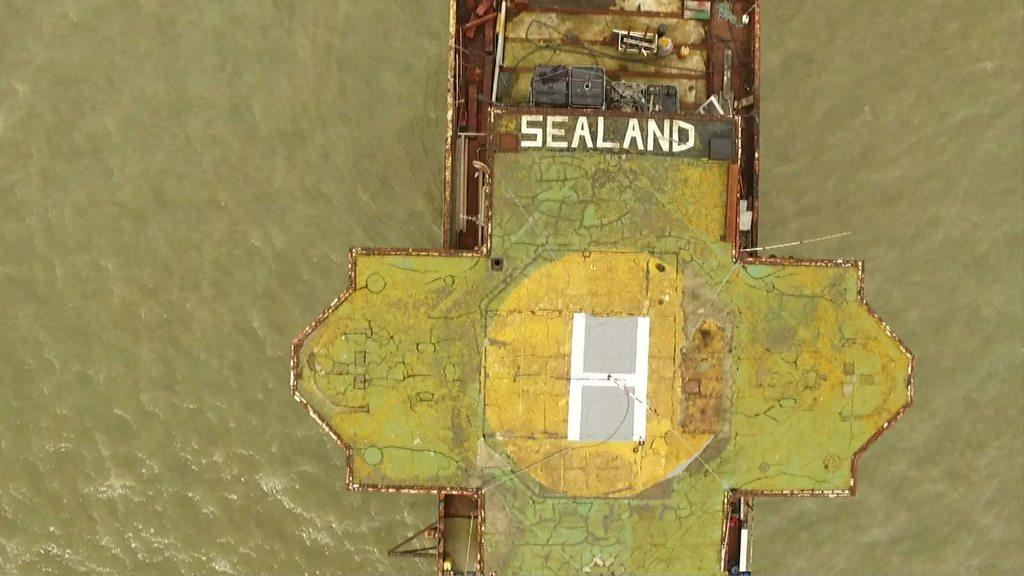US man could face death penalty over Thailand 'sea home'
- Published
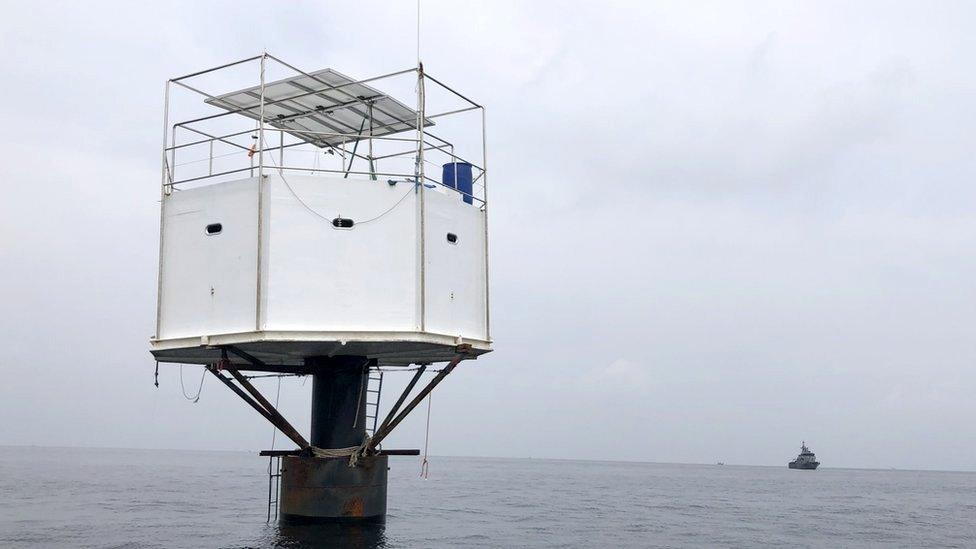
The couple dispute whether the structure sits in Thailand's territorial waters
A US man and his partner could face the death penalty after they were accused of building a "sea home" off Thailand.
Chad Elwartowski has gone into hiding with his girlfriend, Supranee Thepdet, after the navy said they had threatened the country's sovereignty.
Their home, which sits atop a 20m (65ft) platform, is located around 12 miles (19km) off the coast of Phuket.
But Mr Elwartowski insists it is 13 miles from the shore and therefore outside of Thailand's jurisdiction.
"The navy and its team... found a concrete tank floating on the sea but there was no-one on it," police colonel Nikorn Somsuk told AFP news agency.
He added that the navy would meet local officials "to consider what to do next". The navy said the couple had failed to seek permission from Thailand before constructing the home.
If the couple are found guilty of violating Thailand's sovereignty they could face life in prison and even the death penalty.
What did the couple do?
Mr Elwartowski reportedly worked as a software engineer for the US military before becoming an investor in the virtual currency Bitcoin.
The couple belong to the so-called "seasteading" movement, which promotes the construction of homes in international waters so that they are not subject to any country's laws.
They are also part of Ocean Builders, a group of entrepreneurs who work to fund such homes.
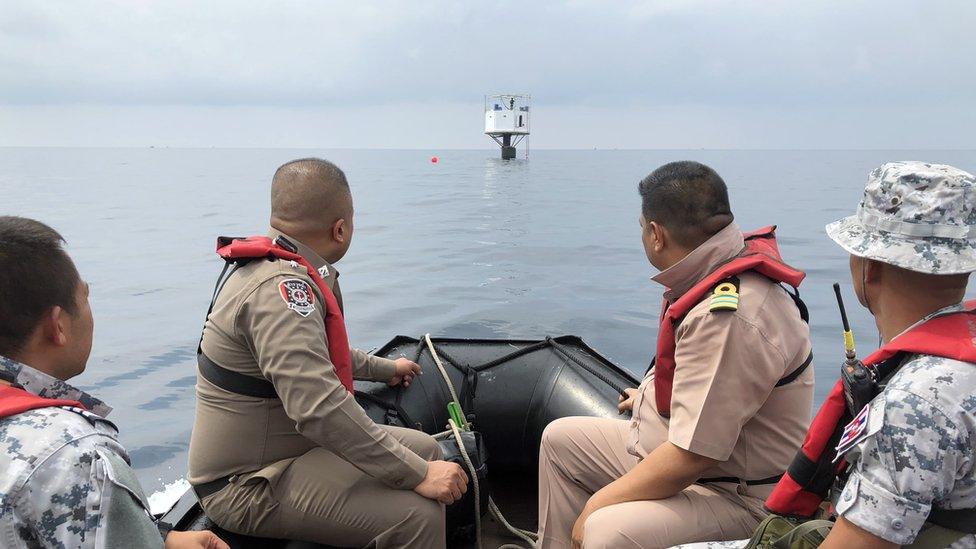
The Thai navy says the couple did not seek permission for the structure
In a video posted in February, Mr Elwartowski said the community was a place where "freedom-loving people can all gather together and actually be free".
The disputed structure was built that month, but was only discovered by the authorities this week.
A statement published on the Ocean Builders website says the couple did not build the home themselves and were in fact just tenants.
"They spent a few weeks on the seastead and documented their adventure," it said. "They were in no way involved in the design."
Mr Elwartowski told AFP that the couple were now hiding "in a fairly safe place".
How common is this?
The number of homes built in international waters is unclear, but there are several examples of so-called micronations that have been constructed for similar reasons.
Micronations are self-declared states not recognised by governments - one of the most famous, Sealand, is based on an offshore platform in the North Sea. It boasts its own flag, currency and even a football team.
Several unofficial and unrecognised micronations have also emerged in Australia.
These include Hutt River Province, a private estate 500km north of Perth, which announced it was seceding in 1970 in a row over wheat quotas. It also has its own flag and currency - the Hutt River Dollar.
And the micronation of Akhzivland in the north of Israel had a population of just two for nearly half a century.
That was until its founder and president, Eli Avivi, died last year aged 88.
- Published10 March 2015
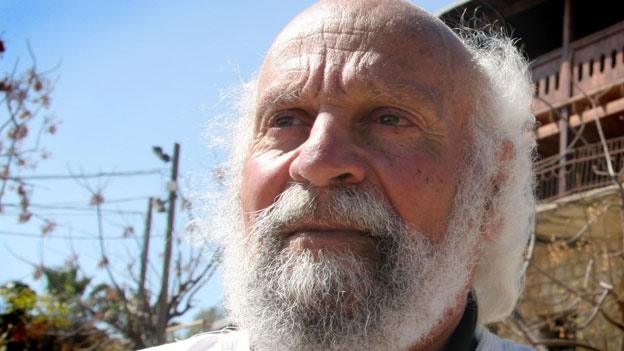
- Published3 October 2017
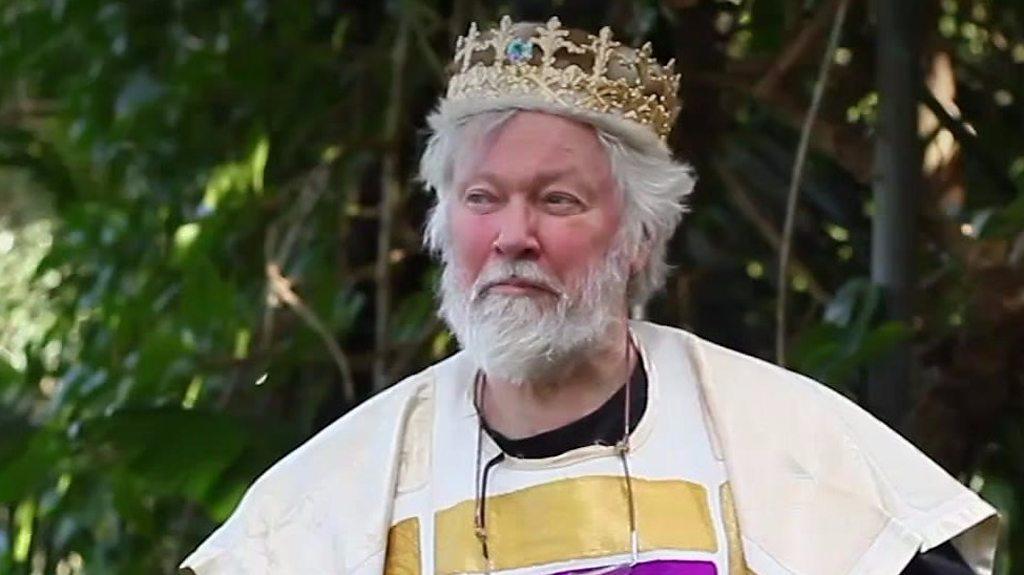
- Published15 February 2017
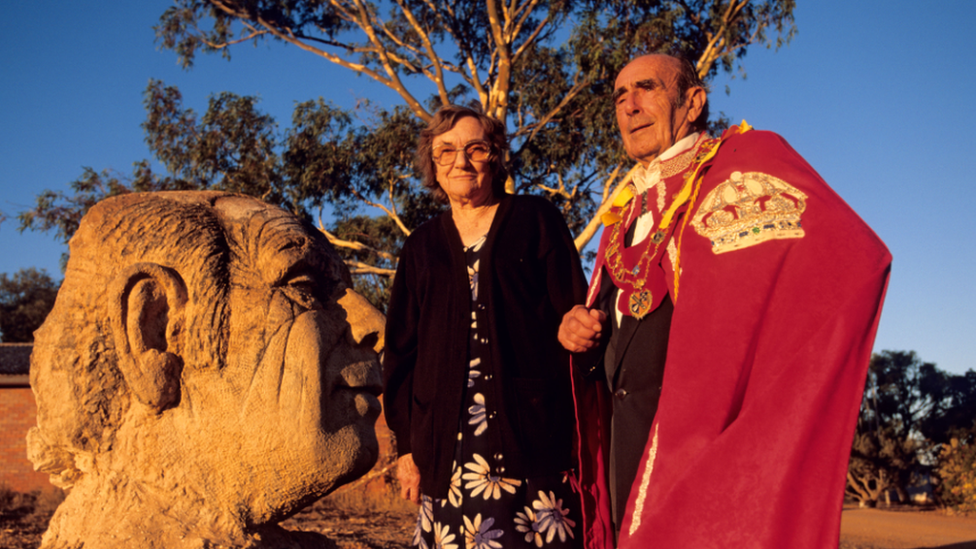
- Published16 June 2017
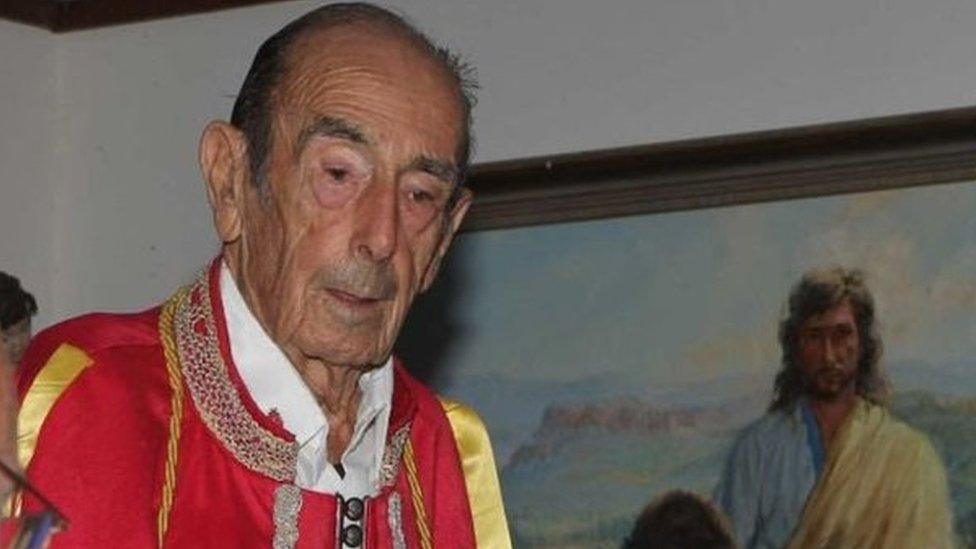
- Published12 April 2016
